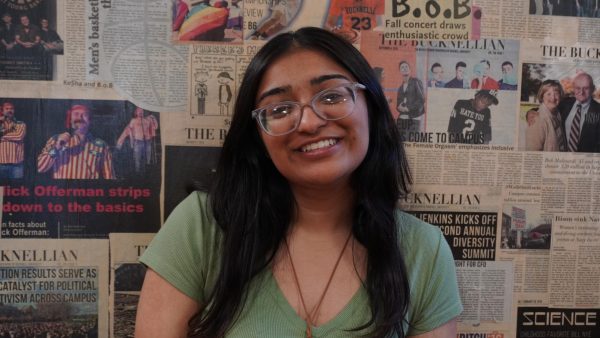Chai, a fragrant blend of tea, spices and milk, is more than just a beverage to the South Asian community. It’s a cultural staple and an integral part of daily life in many South Asian societies and diaspora. Its origins trace back centuries, intertwining with the region’s rich history and reflecting the resilience of its people.
During the era of colonization, chai took on new significance as a symbol of resistance against foreign rule. British colonizers introduced tea cultivation in India, but locals quickly adapted the imported beverage to suit their own tastes. Spices like cardamom, cinnamon and ginger were added to black tea, creating a distinct flavor profile that remains synonymous with chai to this day. Despite its colonial origins, chai became a source of cultural pride.
Yet, as chai found its way into Western markets, its essence has often been diluted and commodified. The introduction of iced chai in cafes across America and Europe reflects a Westernized interpretation of this beloved beverage. For those accustomed to the robust flavors of authentic chai, these watered-down versions fall short of expectations. The disappointment I feel when sipping iced chai stems from its stark deviation from the robust flavors of authentic chai. Unlike the rich and bold brews I grew up with, Westernized versions often taste watery and lack the depth of flavor found by traditional brewing methods. The delicate balance of spices and tea is lost, replaced by a bland concoction that fails to evoke the warmth and comfort of genuine chai. It’s as if the essence of chai has been taken away altogether, leaving behind a weak imitation that pales in comparison to the real thing.
Not everyone agrees though. Farhaj Shahid ’26, states “I’d like to give voice to the very small percentage of the South Asian community that actually likes iced chai. It’s very refreshing”. He goes on to say, “I see so many elders describing their love for chai as ‘I just love it when it burns me, it tastes so good with my tastebuds.’ I can’t help but ask, ‘What taste buds are left?’ I also disagree with the part where they call it chai tea. What in the world is tea tea?”
I agree with the latter part of his statement. For the love of God, if you want to drink an iced chai, go ahead, but please stop calling it “chai tea”. It’s the same deal with “naan bread”, which literally means “bread bread”.
To truly appreciate chai in all its glory, one must embrace its authenticity and complexity. Real chai is brewed with robust black tea, simmered with milk—not just water—and infused with a blend of spices. I’ve stood in the Library Café line enough times to see that many really do enjoy Americanized Iced Chai, and that’s totally valid. I would just strongly encourage you to also consider trying a genuine cup of warm Chai.



















